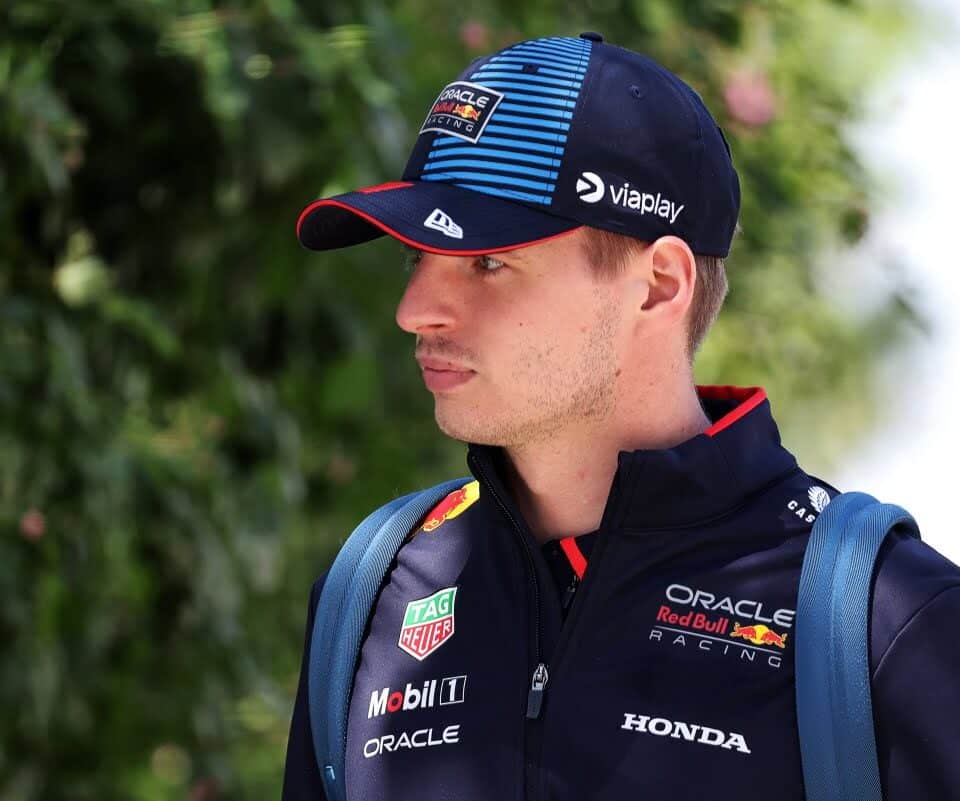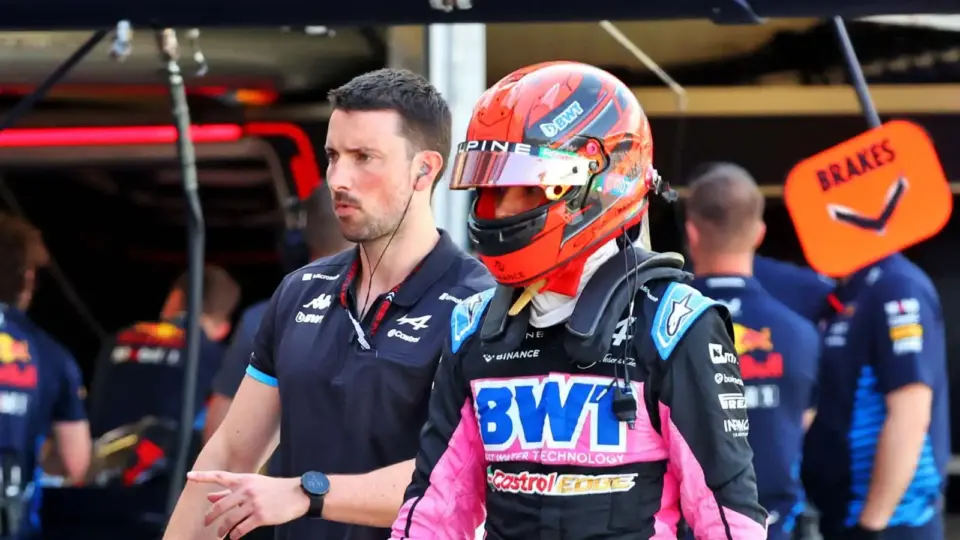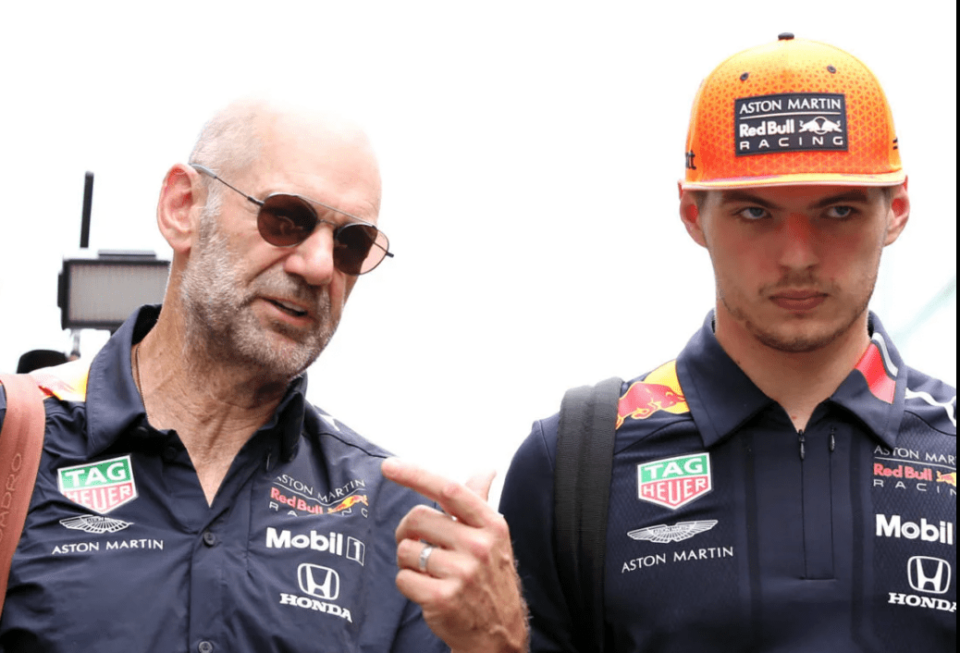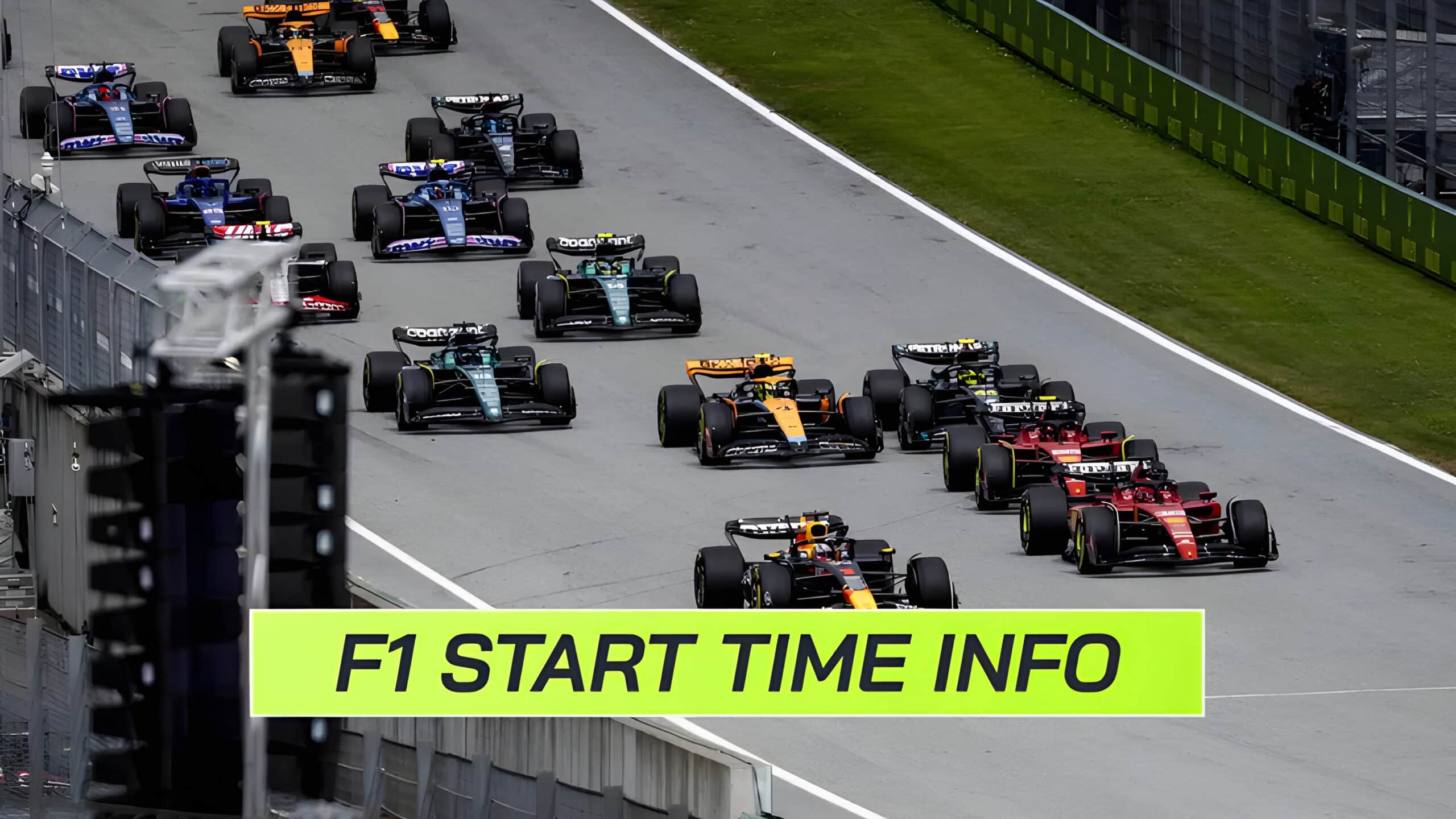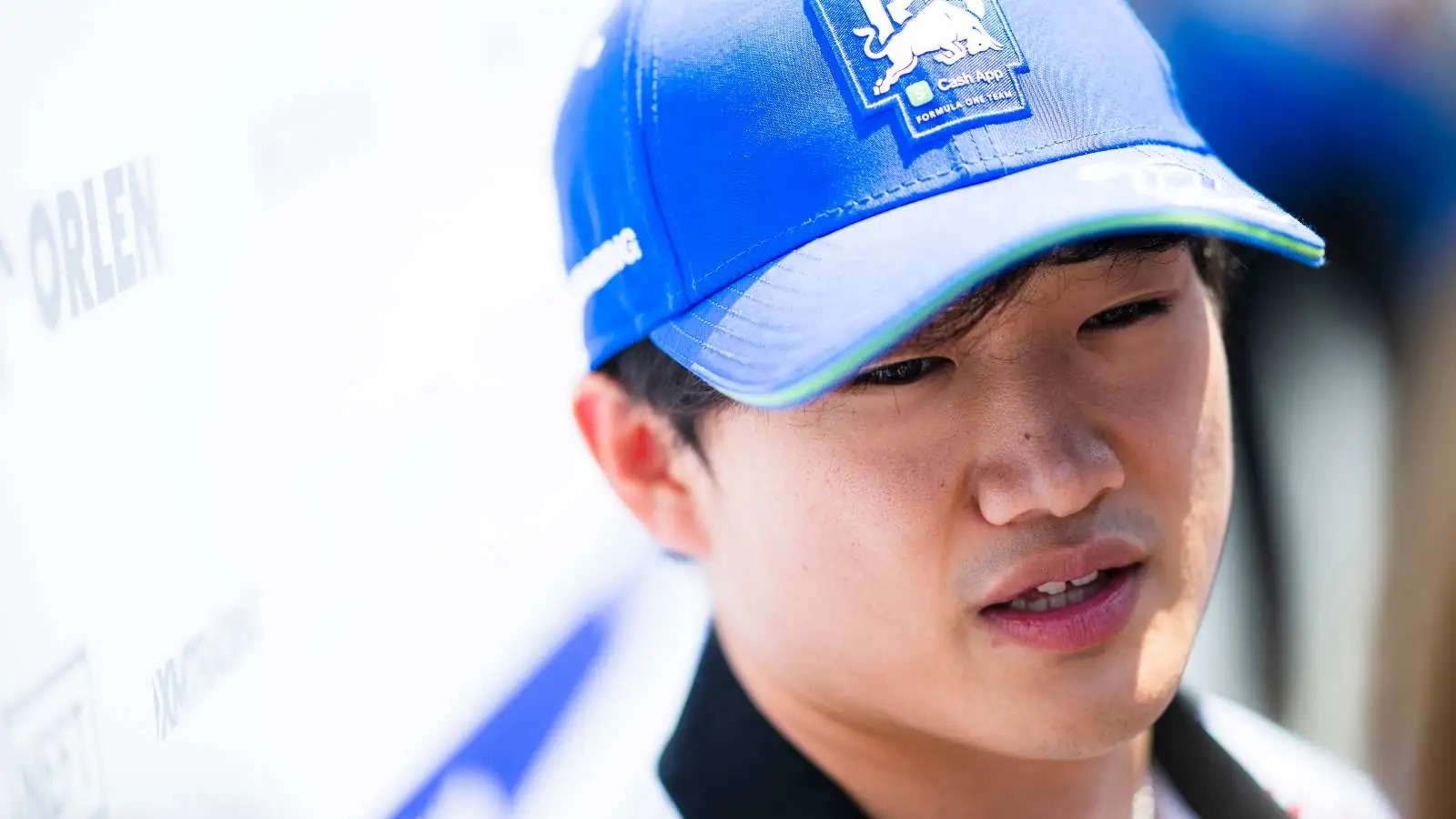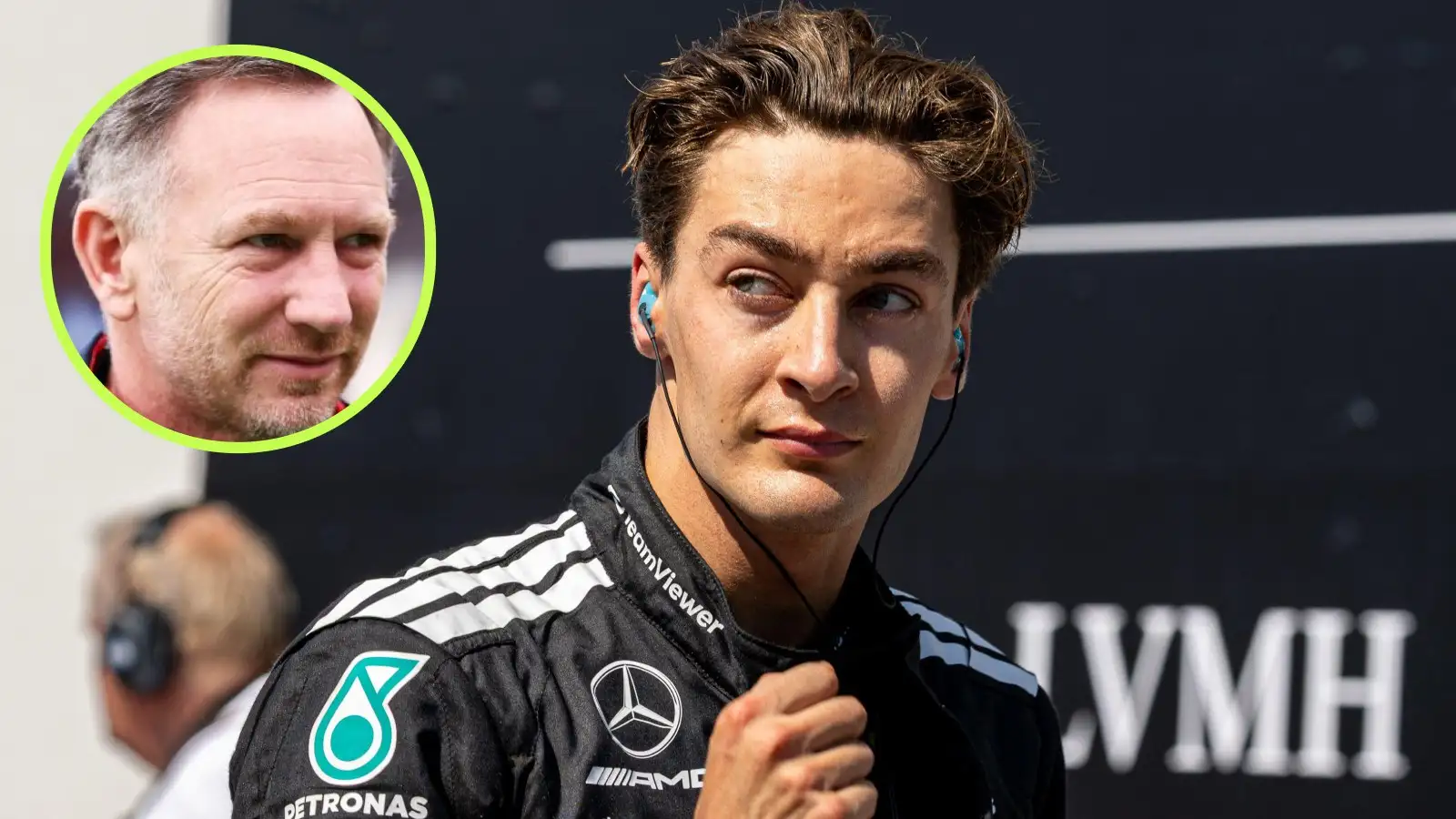In the high-octane world of Formula One, Max Verstappen stands out as an undeniable force. With an impressive tally of 50 wins out of the last 75 races, the Dutch driver is at the pinnacle of his career. Yet, alongside his meteoric rise, Verstappen has faced a troubling surge in online abuse. This wave of negativity has not only impacted him but also those close to him, including his partner Kelly Piquet. Piquet recently voiced her concerns on social media, noting the frightening power of misinformation and lies that fuel such hatred. She admitted to being conflicted about how to address the baseless hate effectively.
Feeling the need to break his silence, Verstappen himself took to social media to address the vicious attacks. He revealed that for over three years, he has been navigating through a barrage of accusations, rumors, and fabricated scenarios. Despite his efforts to ignore these falsehoods, the defamation has reached a point where it deeply affects him and his loved ones. Verstappen emphasized the importance of verifying online content before making threats and called for a collective effort to be better human beings. Fellow Red Bull driver Liam Lawson praised Verstappen’s resilience, stating that he handles the situation exceptionally well and remains focused on his impressive career.
The Domino Effect on Loved Ones
Online abuse doesn’t just target individuals; it affects everyone close to them. That’s the case with Max Verstappen and his partner Kelly Piquet. Piquet, daughter of three-time F1 champion Nelson Piquet, recently posted on social media, expressing her concerns over the damaging effects of online lies and misinformation. She highlighted how the online world can be both wonderful and terrifying, filled with positivity but also rife with falsehoods. Piquet admitted she wasn’t sure how to address the hatred stemming from these falsehoods but felt compelled to voice her concerns.
Piquet’s post had a significant impact, drawing attention to the broader consequences of online abuse. It serves as a stark reminder that the digital age, while offering unprecedented connectivity, also brings challenges that affect real lives. Her worries resonate with many who have experienced similar issues, highlighting the urgent need for more responsible online behavior.
Max Verstappen Breaks His Silence
After enduring years of online abuse, Max Verstappen decided it was time to speak out. In a heartfelt social media post, he shared the extent of the accusations, rumors, and fabricated scenarios he has faced over the past three years. Despite trying to ignore these falsehoods, the defamatory comments reached a tipping point, severely affecting him and those he cares about.
Verstappen’s message was clear: the impact of such hatred extends beyond the virtual world and has real-life repercussions. He urged people to verify the information they come across online before making threats or spreading lies. By sharing his personal experience, Verstappen aimed to encourage a collective effort towards more compassionate and responsible online interactions.
Support from Teammates and the Racing Community
Fellow Red Bull driver Liam Lawson was quick to commend Verstappen for his resilience. Lawson, who replaced the injured Daniel Ricciardo in five Grand Prix last year, emphasized how Verstappen manages to stay focused despite the negativity. He noted that Verstappen’s thick skin and strong mental fortitude are key to his ability to keep performing at such a high level.
Lawson also shared personal anecdotes, recounting how Verstappen helped him stay calm and focused during his debut for Alpha Tauri at the Dutch Grand Prix. This support goes a long way in showing that Verstappen isn’t just a phenomenal driver but also a supportive teammate. The racing community’s backing highlights the importance of unity and mutual support in the face of adversity.
Challenges Beyond the Racetrack
This year hasn’t been smooth for Verstappen, not just because of online abuse but also due to internal team issues and family dynamics. His father, Jos Verstappen, has been involved in a public disagreement with Red Bull team boss Christian Horner, calling for Horner to step down. This internal conflict adds another layer of stress and distraction for the young driver.
Moreover, rumors about potential changes within the Red Bull team have only fueled the fire. For instance, there were speculations that Dr. Helmut Marko might be benched, and Verstappen hinted he might leave Red Bull if such organizational changes occurred. This uncertainty within his professional environment further complicates an already challenging situation, making it even more impressive that Verstappen continues to perform exceptionally on the track.
The digital age, while bringing people closer, has also magnified the potential for harm through online abuse. Max Verstappen’s experience serves as a harsh reminder that even individuals at the peak of their careers are not immune to the destructive power of false accusations and defamation. It’s a collective responsibility to foster a more respectful and truthful online environment, ensuring that misinformation and hate have no place in our interactions.
Verstappen’s words and actions highlight the urgent need for more responsible online behavior. By sharing his struggles, he not only defends his character but also calls for a kinder and more considerate digital world. His resilience amid adversity sets a powerful example for others facing similar challenges, reminding us all of the strength required to rise above negativity and remain true to our values and principles.
As the Formula One community stands by Verstappen, his message reverberates beyond the racetrack, urging everyone to reflect on the real-life consequences of their online actions. In doing so, we can all contribute to a more positive and supportive digital space where individuals are judged by their true selves and not by baseless hate and misinformation.
